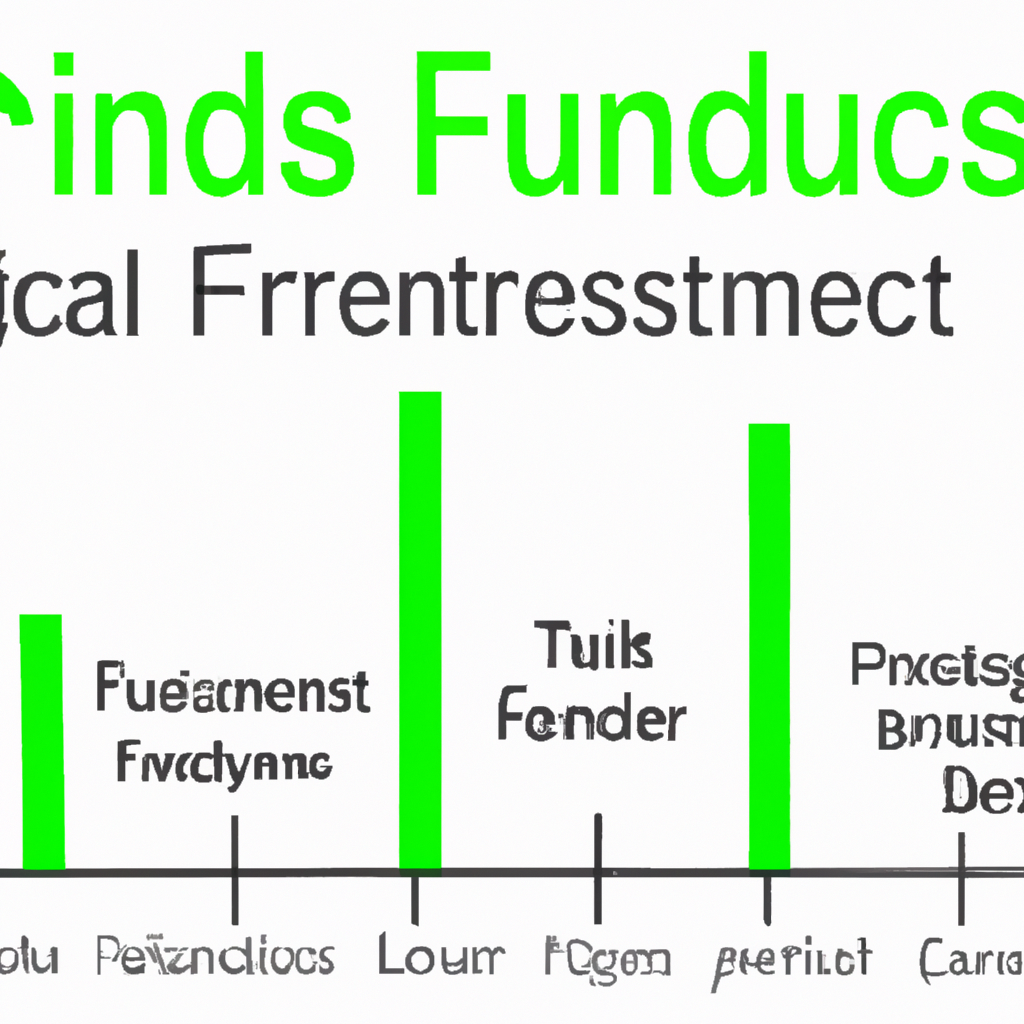Investment Fund Performance
Introduction
Investment funds are a popular way for individuals to invest in a diversified portfolio of assets. However, the performance of these funds can vary widely depending on a number of factors. In this article, we will explore some of the key factors that can impact the performance of investment funds.
Fund Manager
The fund manager plays a crucial role in determining the performance of an investment fund. A skilled and experienced fund manager can make informed decisions about which assets to buy and sell, and when to do so. It is important to research the track record and investment philosophy of the fund manager before investing in a fund.
Asset Allocation
Asset allocation refers to the mix of different types of assets (such as stocks, bonds, and cash) that make up the investment fund. The performance of the fund will be influenced by the allocation of assets, as different asset classes have different levels of risk and return. A well-diversified portfolio can help to reduce risk and improve overall performance.
Market Conditions
The performance of an investment fund is also influenced by broader market conditions. Economic factors, geopolitical events, and market trends can all impact the performance of the fund. It is important for investors to stay informed about market conditions and adjust their investment strategy accordingly.
Expense Ratios
Expense ratios are fees charged by the fund manager to cover the costs of managing the fund. High expense ratios can eat into the returns of the fund and reduce overall performance. It is important to compare expense ratios when choosing an investment fund and look for funds with lower fees.
Performance Metrics
1. Return on Investment
Return on investment (ROI) is a key performance metric that measures the profitability of an investment over a certain period of time. It is important for investors to track the ROI of their investment funds and compare it to benchmark indices to evaluate performance.
2. Sharpe Ratio
The Sharpe ratio is a measure of risk-adjusted return that takes into account the volatility of the investment fund. A higher Sharpe ratio indicates a better risk-adjusted return, as the fund is able to generate higher returns for a given level of risk.
Conclusion
Investment fund performance can be influenced by a variety of factors, including the fund manager, asset allocation, market conditions, expense ratios, and performance metrics. By understanding these factors and conducting thorough research, investors can make informed decisions about which investment funds to choose.


